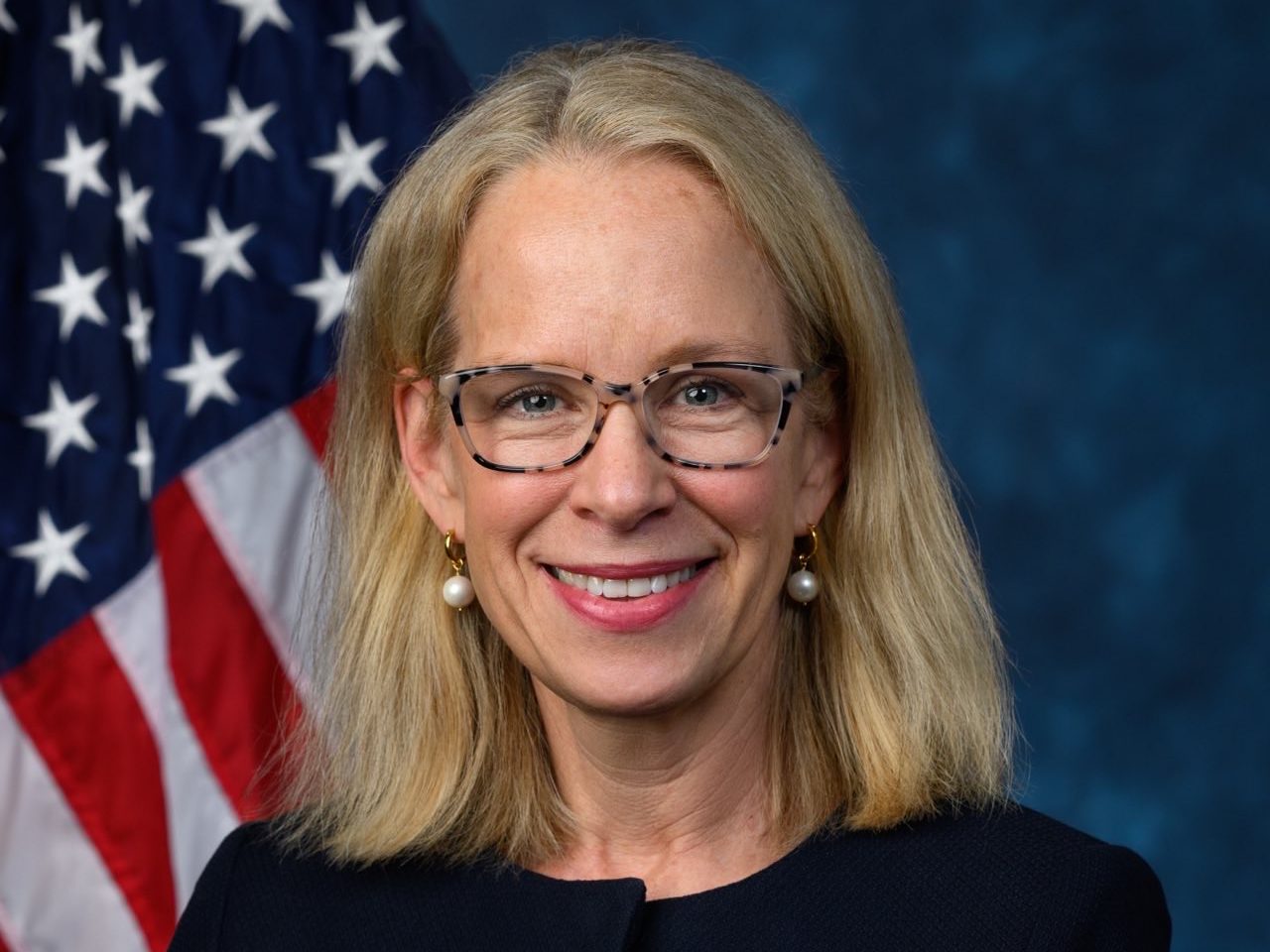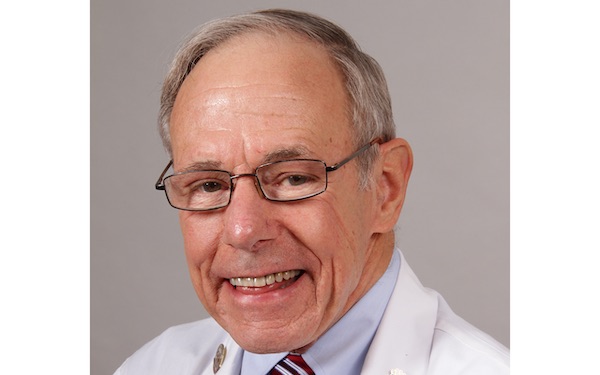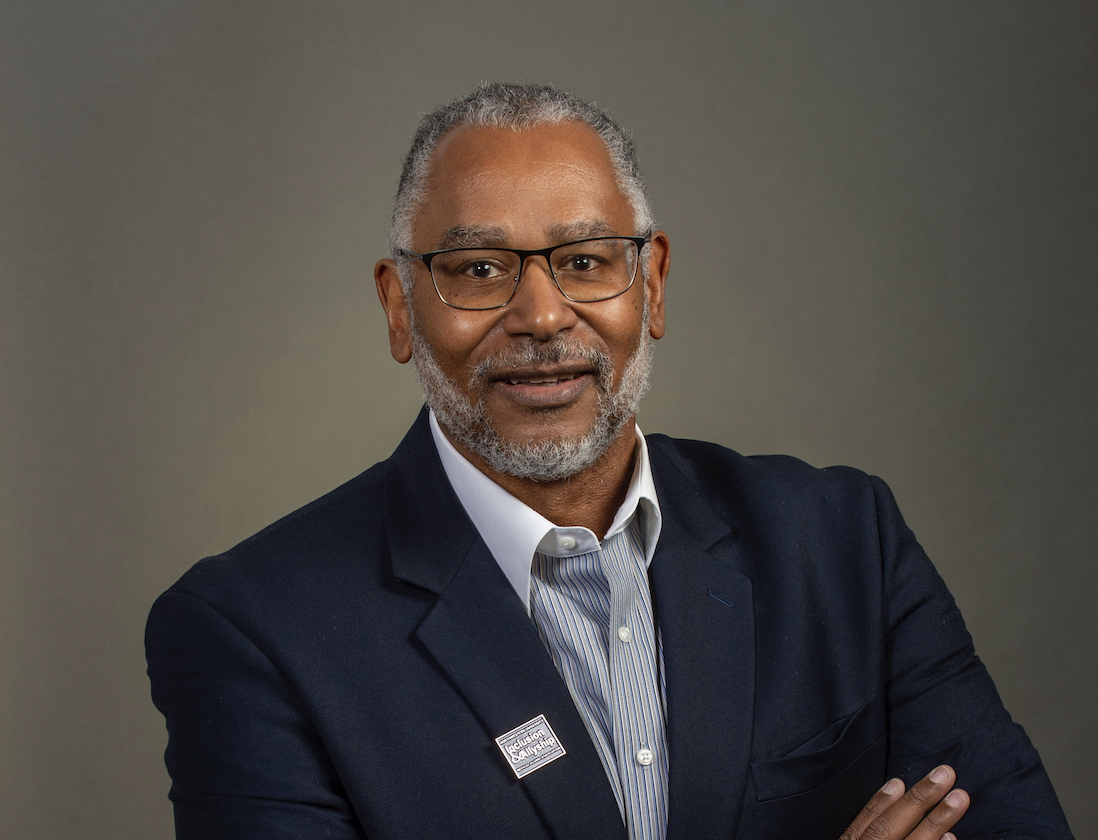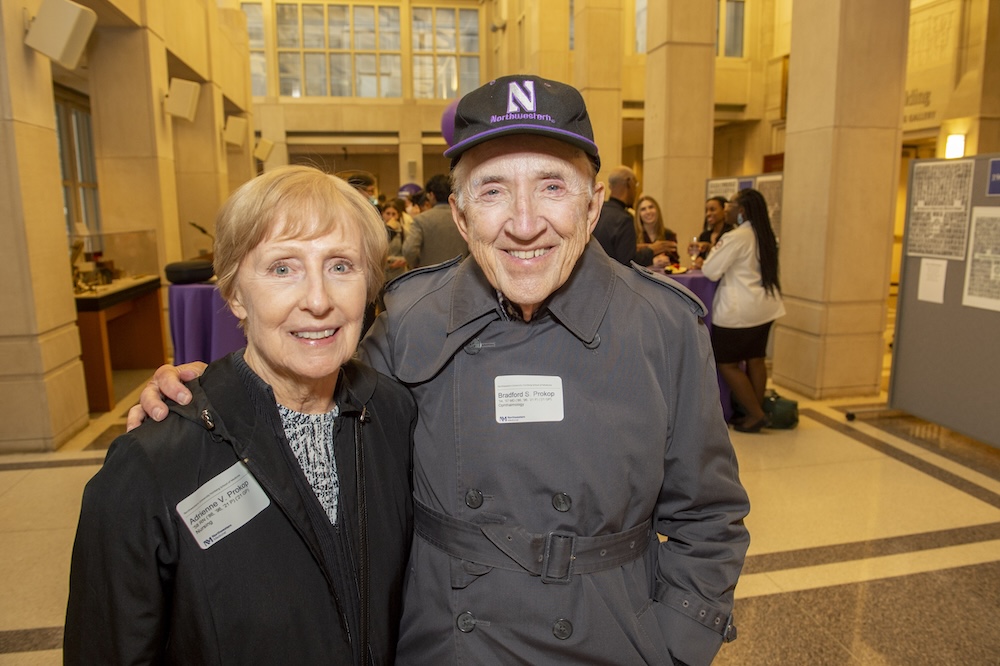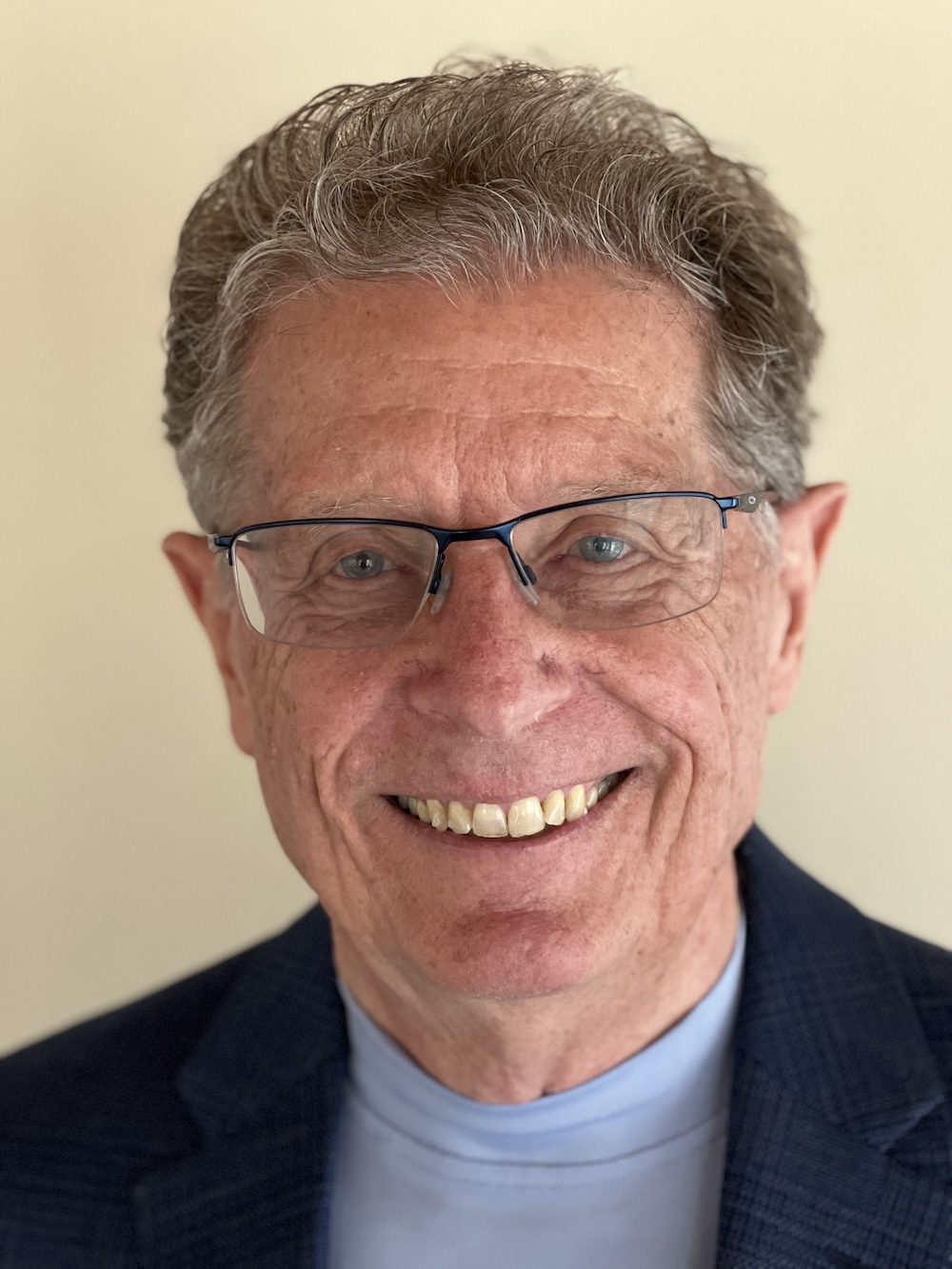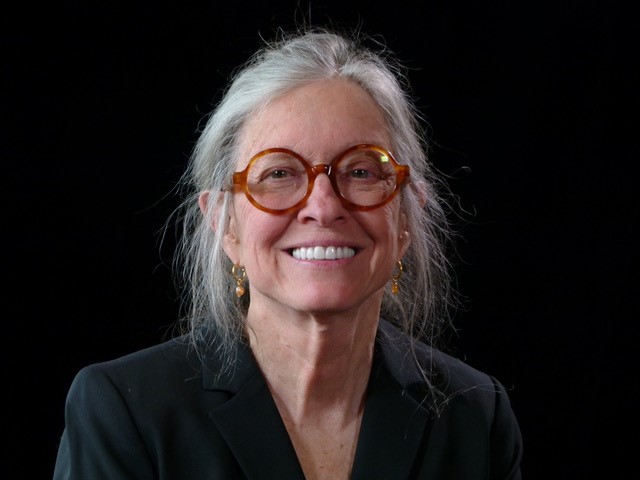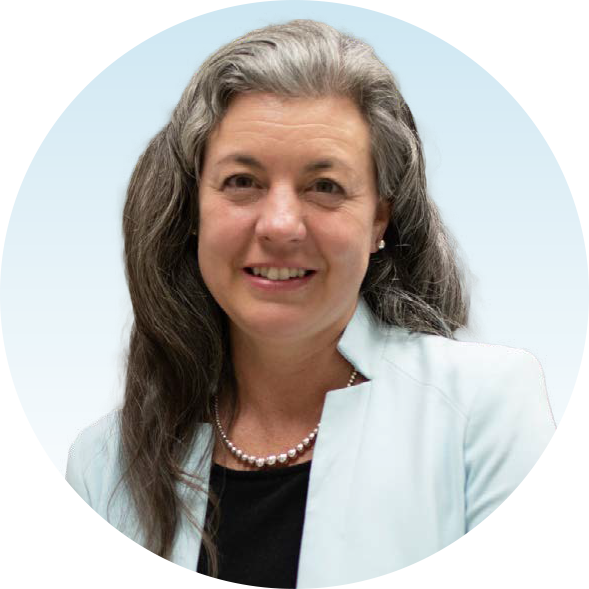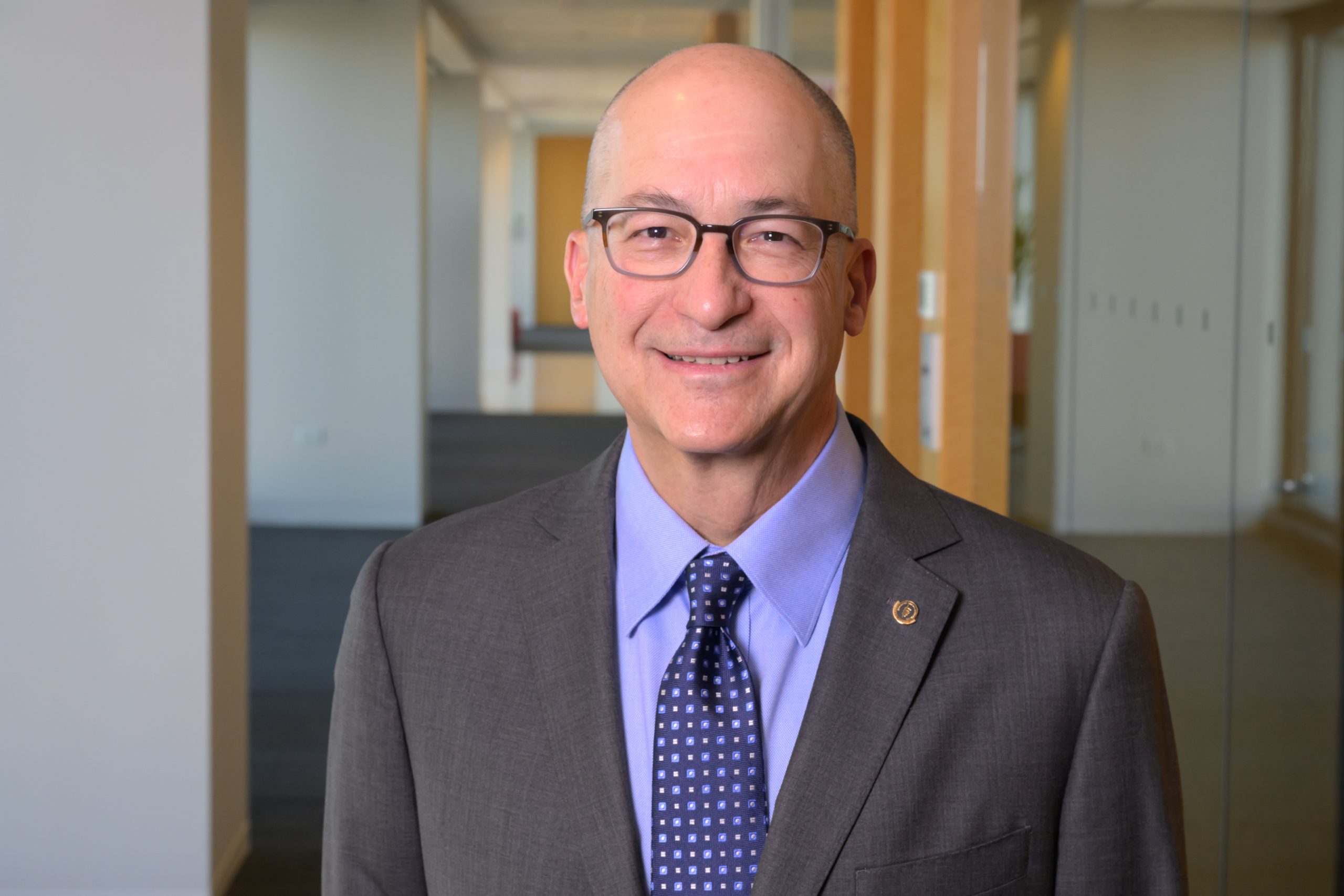Home / Alumni News / Perspective: A Commitment to Global Health
A Commitment to Global Health
Written by Louis Fazen III, ’69 GME, MPH
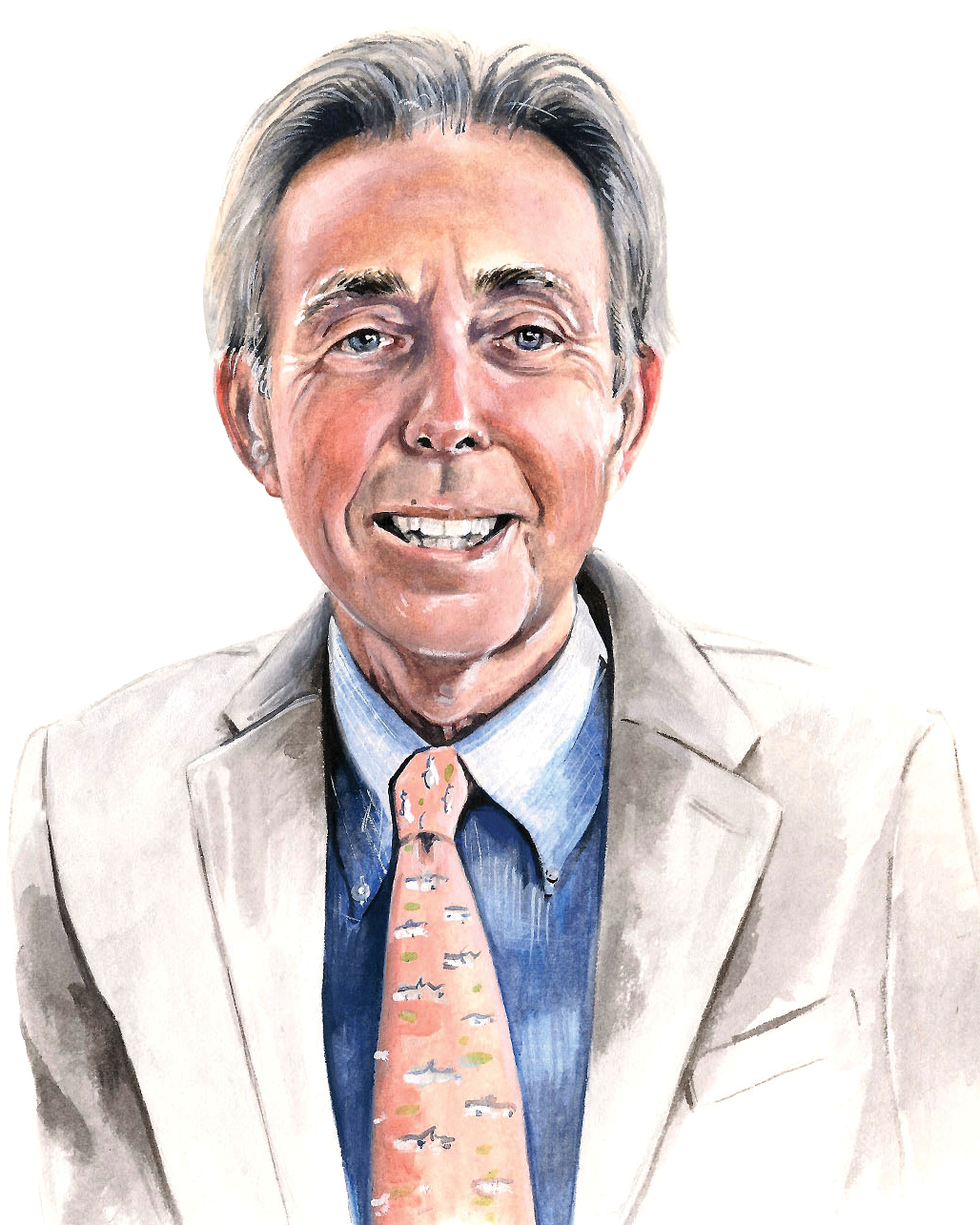
Reminiscing with classmates during our recent 50-year reunion reignited the ideals that took hold during my formative years as an undergraduate student on Northwestern’s Evanston campus and stemmed all the way to my graduation as a doctor of medicine in 1969. Little did I realize on graduation day how much more I would still learn as I set off for my career in pediatrics and public health.
Growing up in the house where my father (’41 MD) and grandfather (1900 MD) both practiced medicine and surgery in two rooms on the lower level, it was my childhood dream to follow in their footsteps. When I started medical school in the fall of 1965, I was interested in unfolding the mysteries of medical genetics. I spent my summers in the research labs of the late, highly regarded biochemical geneticist and pediatrician David Y.Y. Hsia, MD.
As I was entering my third year, Dr. Hsia called me in to discuss a federal grant from what is now called the Department of Health and Human Services, funding a three-month pediatric research project, including a ticket to travel around the world on Pan American World Airways.
To my surprise, I would be studying diarrheal diseases of children. I had thought common diarrhea was a disease of the past associated with poor sanitation and lack of personal hygiene. My education on Chicago’s North Side was centered on the advances in medical research in the United States; world health data did not seem applicable to my training. Six months later, however, my world view changed when I arrived in Karachi, Pakistan.
Although I lived with a middle-class Pakistani family in a comfortable home, the scene on the street was shockingly different. More than half of the population were children and the widespread poverty made it impossible to provide adequate food and shelter. It was not safe to drink the city water and a flush toilet was available to only a small segment of society. Diarrhea was a major problem infecting most everyone, including me. Children were particularly at risk for the complications of dehydration and sepsis, and, too often, death.
When I returned to campus, I knew a career change — a path more focused on public health — was in order for me. During all the upheaval of the 1960s, the advent of Medicare and Medicaid, and the legislative initiatives for human rights and equal access to education, changing health care outcomes seemed inevitable. I wanted to be part of that change. But, what course would I take?
More research was needed…And for me, a career change was in order
Louis Fazen III, GME, MPH
After graduation, I was commissioned to the U. S. Public Health Service and stationed in Tahlequah, Oklahoma, the capital of the Cherokee Nation. Our hospital staff agitated for more resources to impact the widespread health disparities in our indigenous population.
Two years later, I was fortunate to marry N. Lynn Eckhert, a physician who was equally committed to pediatrics and public health. Together, we moved to Baltimore for a program that combined clinical and public health training, leading to certification in pediatrics and a master’s degree in public health for me and a doctorate in public health for Lynn.
Our shared public health focus led us to travel with our three children to unique clinical settings in the U.S. and abroad. We started with short-term experiences, first on the Navajo Reservation at the USPHS Hospital in Shiprock, New Mexico, and later, in a small mission hospital in northern Haiti. As our children matured, we relocated for a year to Harare, Zimbabwe, where Lynn and I taught at the University of Zimbabwe Medical School, while our children attended local schools. We came to see this year as the highlight of our professional careers.
I have been blessed to live through some turbulent times and yet see the world become a healthier place, with the gaps in world health outcomes steadily diminished. Diarrhea is no longer a major cause of childhood demise.
Looking back, Northwestern provided the education and mentoring at a critical time in my development to expand my horizons and fulfill a stimulating career in global health and clinical pediatrics. To be able to appreciate these opportunities with my wife and children over five decades has been immensely rewarding.

